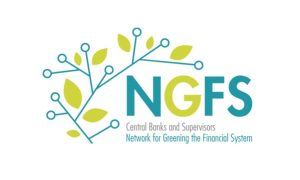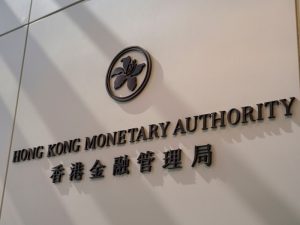Climate-related Financial Risks Framework
The Basel Committee releases climate-related financial risks framework, aimed at providing voluntary climate regulatory practices for the banking industry and enhancing financial stability.
The Basel Committee believes that climate-related financial risks are unique and complex and cannot be measured using a single standard. The banking industry can refer to climate-related financial risks framework and develop information disclosure methods.
Related Post: NGFS Releases Second Edition of Guide on Climate-related Disclosure for Central Banks
Introduction to Climate-related Financial Risks Framework
The climate-related financial risk framework is a voluntary application, unless a jurisdiction requires mandatory disclosure by the banking industry. This framework consists of six tables and templates:
- Table CRFRA: Qualitative information on climate-related financial risks (governance, strategy, and risk management). Describe the governance processes, controls, and procedures used to monitor, manage, and supervise material climate-related financial risks, and how these risks affect the bank’s business model, strategy, and decision-making. Banks need to disclose governance information related to their board of directors, strategies related to their business models and risk profiles, as well as processes and policies for identifying, assessing, and monitoring climate-related financial risks.
- Table CRDRB: Qualitative information on climate-related financial risks (transition risk, physical risk, and concentration risk). Describe the governance processes, controls, and levels used by banks to monitor, manage, and supervise climate-related financial risks. Banks need to describe transition risks and physical risks, as well as their impact on business, and how to mitigate climate concentration risks.
- Template CRFR1: Transition Risk – exposures and financed emissions by sector. Provide the book value of banks by industry, as well as relevant information on credit quality, financing emissions, etc. Banks need to provide information on materiality assessments of industry risk exposure, as well as methods and data sources for calculating financing emissions.
- Template CRFR2: Physical Risk – exposures subject to physical risks. Overview of the book value of banks affected by physical risks of climate change (including chronic risks and acute risks), and the division of these impacts by region.
- Template CRFR3: Transition Risk – real estate exposures in the mortgage portfolio by energy efficiency level. Provide the book value of the bank based on the energy efficiency level of the underlying collateral (including residential real estate and commercial real estate). Banks need to specify the energy efficiency requirements for buildings in the jurisdiction where they operate, as well as information variables, sources, and assumptions.
- Template CRFR4: Transition Risk – emission intensity per physical output and by sector. Banks need to provide greenhouse gas emission intensity information for their relevant industries, as well as materiality assessment methods and business plans.
Reference:
A Framework for the Voluntary Disclosure of Climate-related Financial Risks





